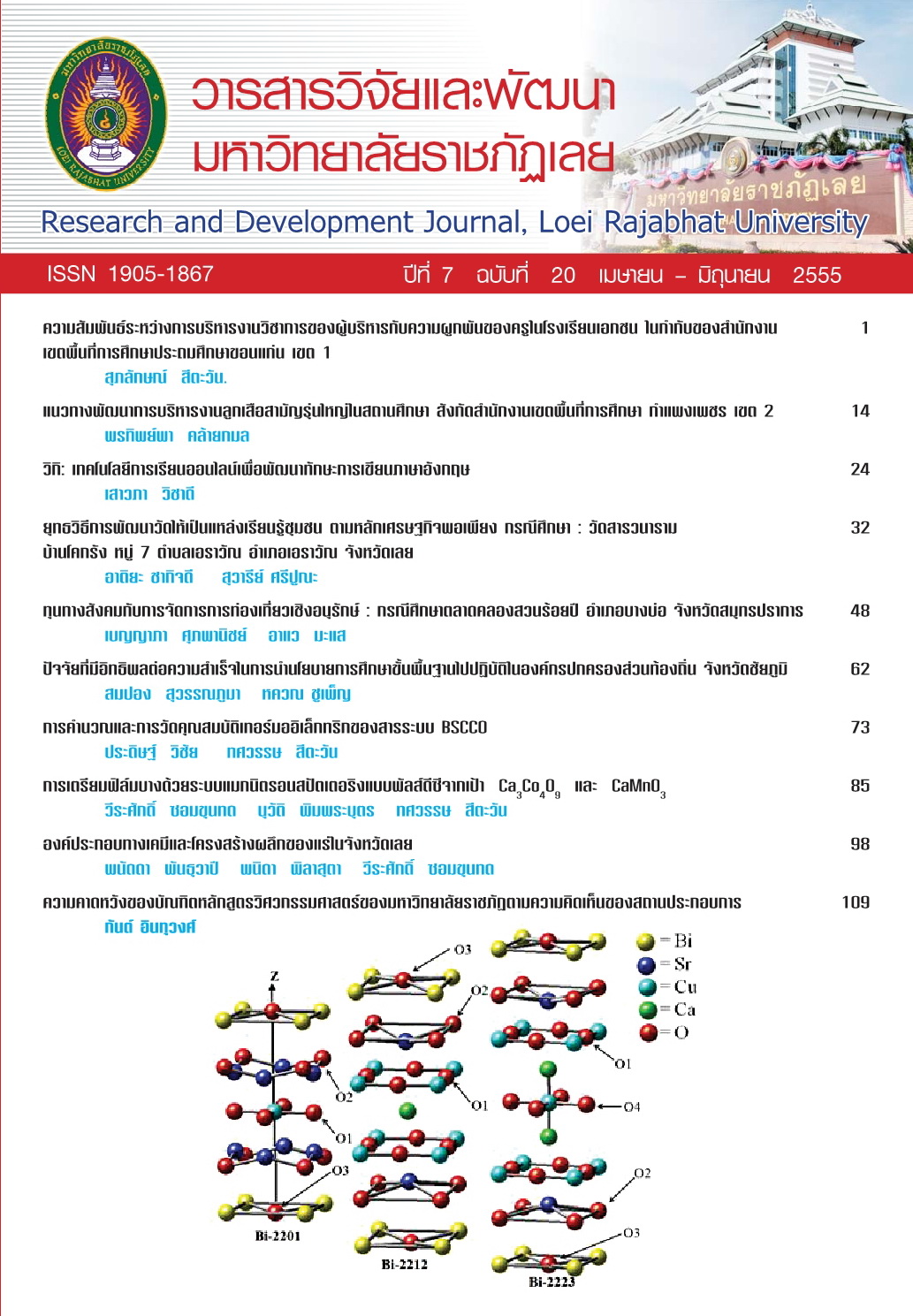ทุนทางสังคมกับการจัดการการท่องเที่ยวเชิงอนุรักษ์ : กรณีศึกษาตลาดคลองสวนร้อยปี อำเภอบางบ่อ จังหวัดสมุทรปราการ
Keywords:
social capital, eco-tourism, community-based managementAbstract
This research aimed at investigating existing social capital, eco-tourism management process and the role of social capital in the management of eco-tourism at Klong Suan Old Market, Bang Bo District, Samut Prakan Province. The study followed a qualitative research approach in which data collection was done by means of in-depth interview with 16 key-informants, together with non-participant observation.
The research results reveal that Klong Suan Old Market was an important transportation hub and a large community in the past. Simple livelihoods and local culture have been carried on by community members until today. Despite the fact that the community consists of people from different ethnic groups, they live together peacefully. Their familiarity and kinship-like relation help strongly in building trust and unity in the community. Community members cooperate well in various communal activities including neighborhood watching action in keeping the community peace. They are tied strongly with their hometown and traditional way of life. The majority of them still make their livings as traders in the market which is owned by a community leader who plays a significant role in the management of the market and provides opportunities for community members to live and make their livings free of charge. Moreover, he acts as the leader in initiating eco-tourism development in the community by providing opportunities for community members to participate in the development process. His efforts result in the formation of various interest groups in the community associated with eco-tourism and attract supports from concerned agencies that lead to network formation which is helpful for making continual progress of the development.
Downloads
Published
Issue
Section
License
ข้อความที่ปรากฎในวารสารฉบับนี้เป็นความคิดเห็นของผู้เขียนแต่ละท่าน สถาบันวิจัยและพัฒนา มหาวิทยาลัยราชภัฏเลย และกองบรรณาธิการ ไม่จำเป็นต้องเห็นด้วยและไม่มีส่วนรับผิดชอบใดๆ
สถาบันวิจัยและพัฒนา มหาวิทยาลัยราชภัฏเลย ขอให้ผู้อ่านอ้างอิงในกรณีที่ท่านคัดลอกเนื้อหาบทความในวารสารฉบับนี้






